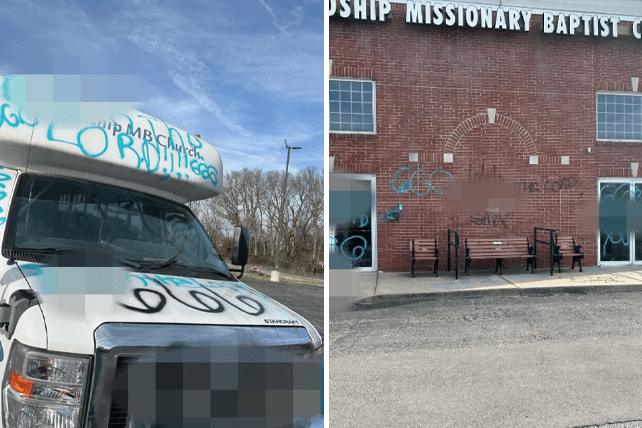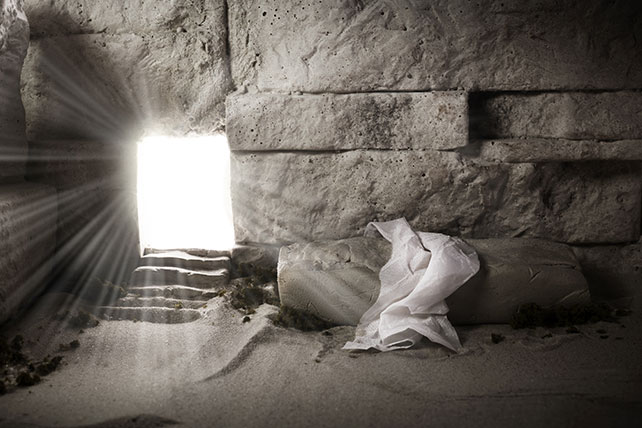Looking for Christian Easter quotes for your church sign, sermon, social media post, or Sunday bulletin? Whether you’re preparing to inspire a congregation, write an Easter devotional, or simply share the hope of the Resurrection with friends and family, these faith-filled Easter sayings will lift hearts and fix eyes on Jesus.
From Scripture to sermons, pastors to poets, these Easter quotes celebrate the ultimate victory: He is risen indeed!
Famous Christian Easter Quotes That Speak to the Soul
“Easter says you can put truth in a grave, but it won’t stay there.”
~ Clarence W. Hall
“We live and die; Christ died and lived!”
~ John Stott
“Do not abandon yourselves to despair: We are the Easter people, and Hallelujah is our song.”
~ Pope John Paul II
“Christ has not only spoken to us by his life, but has also spoken for us by his death.”
~ Søren Kierkegaard
“The stone was rolled away from the door, not to permit Christ to come out, but to enable the disciples to go in.”
~ Peter Marshall
“If Christ has not been raised, our preaching is useless and so is your faith.”
~ 1 Corinthians 15:14
“Jesus did not die on the cross just so we could live comfortable, well-adjusted lives. His purpose is far deeper.”
~ Rick Warren
“Our Lord has written the promise of the resurrection, not in books alone, but in every leaf in spring-time.”
~ Martin Luther
“Our old history ends with the cross; our new history begins with the resurrection.”
~ Watchman Nee
“Easter is always the answer to ‘My God, my God, why hast thou forsaken me!’”
~ Madeleine L’Engle
“It wasn’t the Jews that put him on the cross, and it wasn’t the Romans. It was my sins… and yours.”
~ Franklin Graham
“A dead Christ I must do everything for; a living Christ does everything for me.”
~ Andrew Murray
“Let him say not merely, ‘Christ is risen,’ but, ‘I shall rise.'”
~ Phillips Brooks
“He is risen; He is not there.”
~ Mark 16:6
“I am the resurrection and the life…”
~ Jesus Christ – John 11:25–26
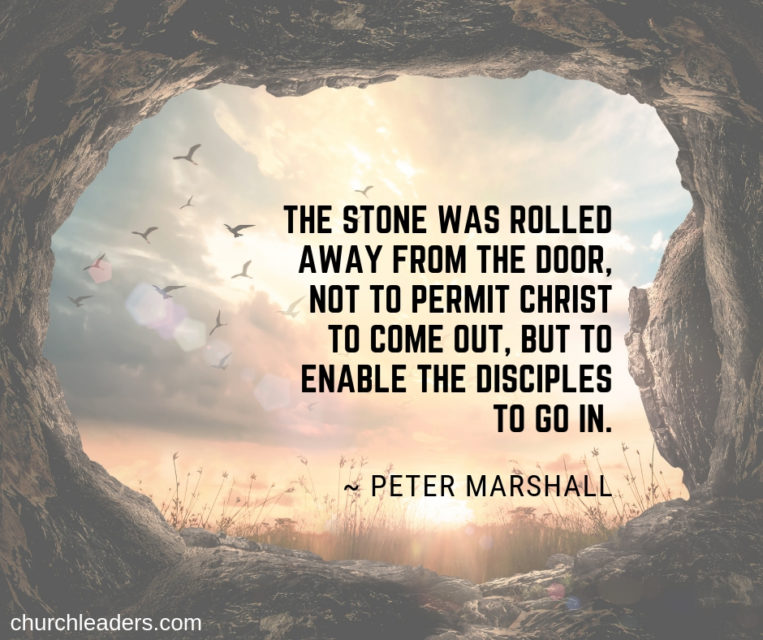
Short & Shareable Anonymous Easter Quotes (Perfect for Signs & Social Posts)
These bite-sized Easter sayings are perfect for church marquees, Instagram captions, and Easter morning text messages:
-
It wasn’t nails that held Him to the cross, but His love for you and me.
-
Easter is the time to rejoice and be thankful for the gift of life, love, and joy.
-
Earth’s saddest day and gladdest day were just three days apart.
-
1 cross + 3 nails = 4 given

-
By His wounds we are healed.
-
It’s not about the bunny. It’s about the Lamb.
-
Jesus didn’t say “I am finished.” He said, “It is finished.” He was just getting started.
RELATED: Easter Stage Design Ideas








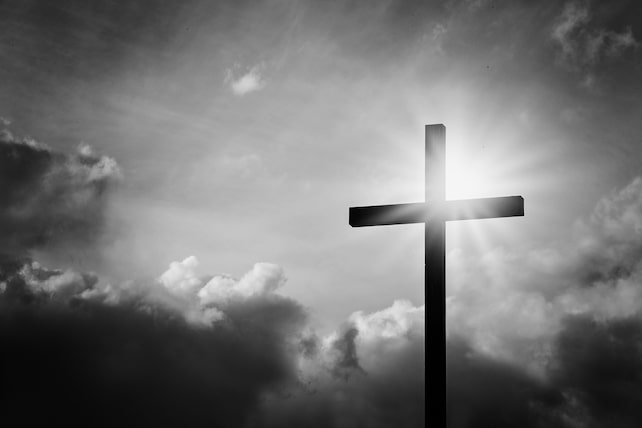
 In Christian counseling, the integration of spirituality and neuroscience provides a fascinating pathway to understanding and transforming the human experience. This article explores Neuroscience Informed Christian Counseling® (NICC), a unique therapeutic approach that blends biblical wisdom with cutting-edge psychological science.
In Christian counseling, the integration of spirituality and neuroscience provides a fascinating pathway to understanding and transforming the human experience. This article explores Neuroscience Informed Christian Counseling® (NICC), a unique therapeutic approach that blends biblical wisdom with cutting-edge psychological science.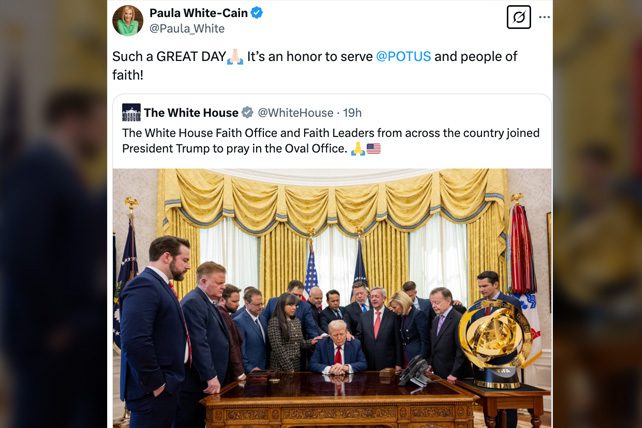
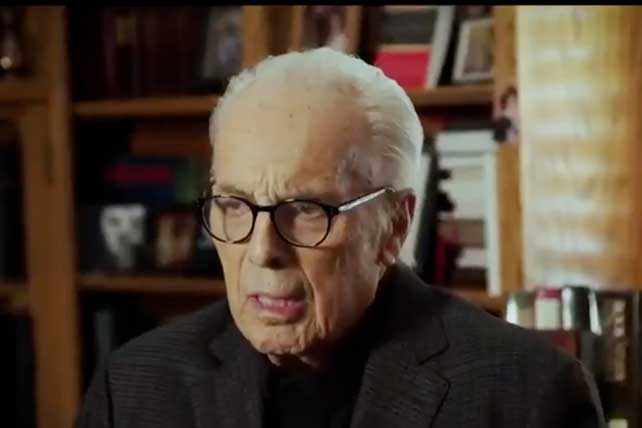
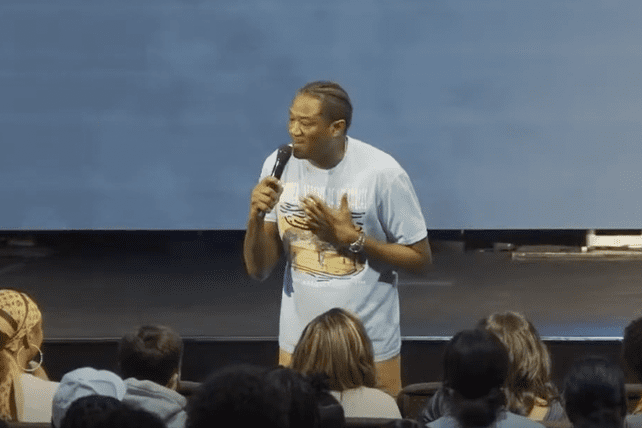

 Ah success…an oft-used word in our country. Many times, an oft-misunderstood word.
Ah success…an oft-used word in our country. Many times, an oft-misunderstood word.




